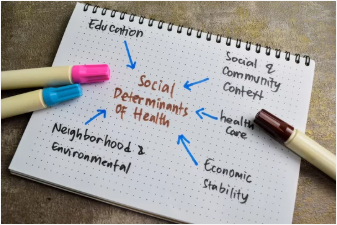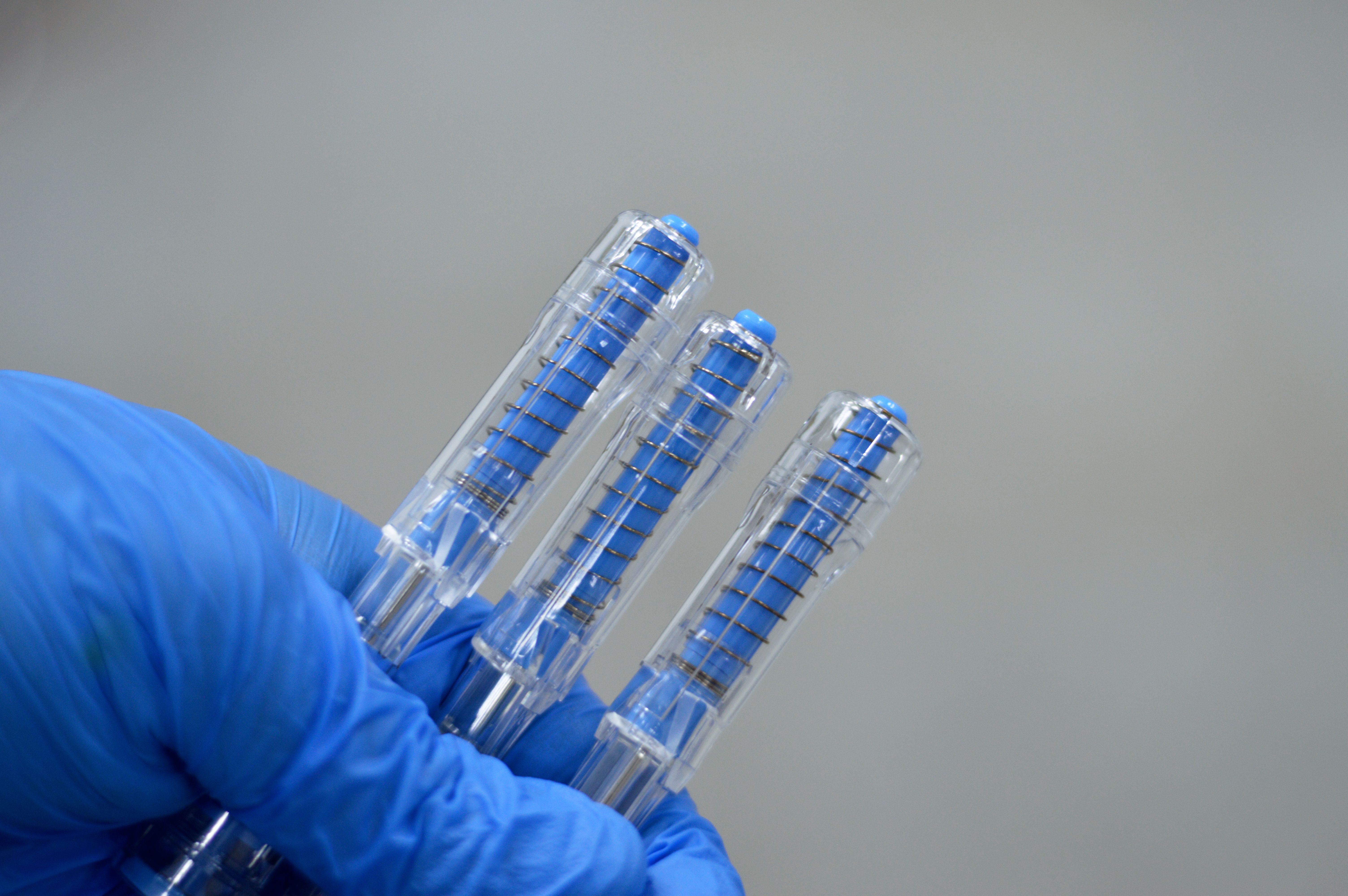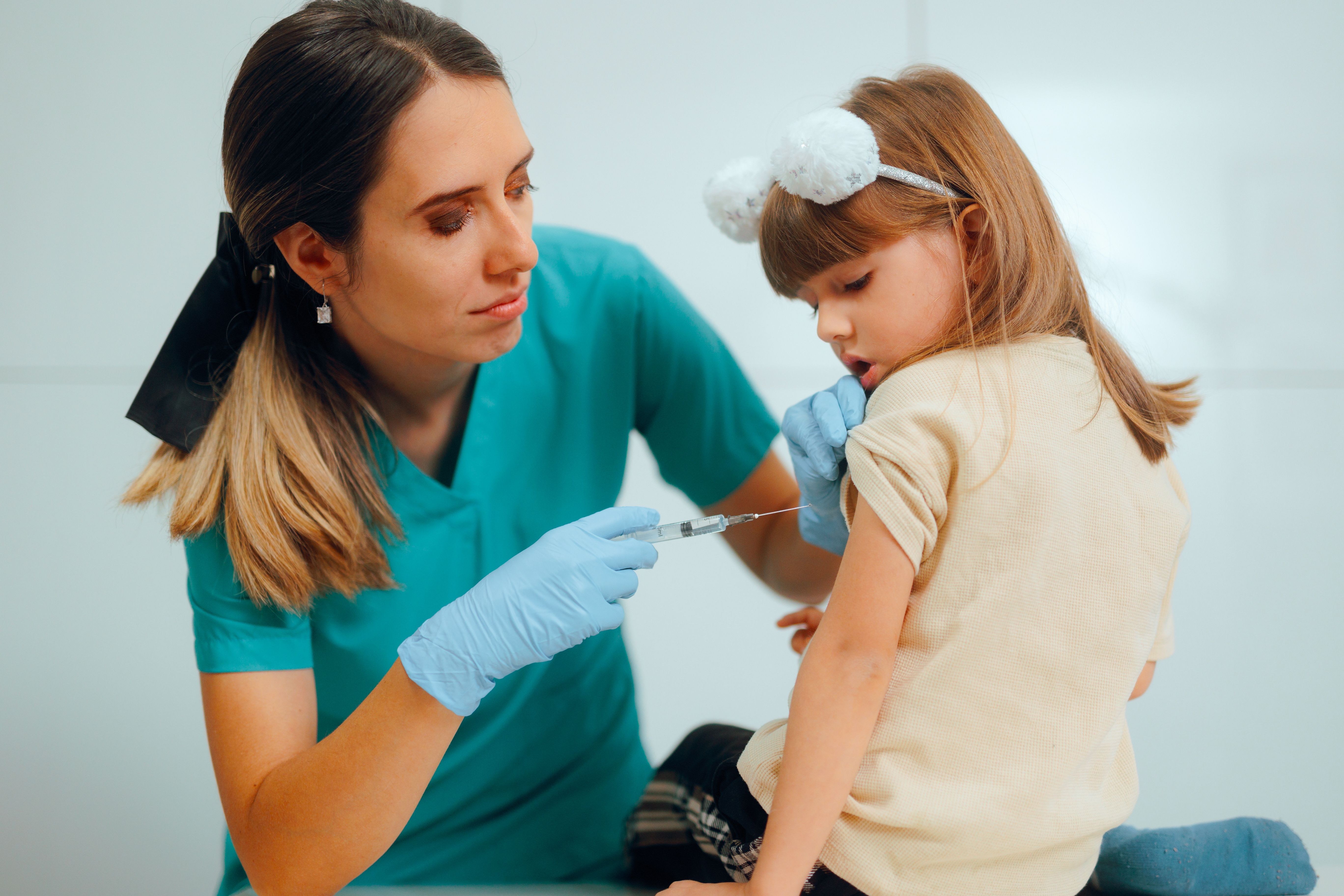
Soft Tissue Sarcoma
Latest News
Latest Videos

CME Content
More News

DeFi trial results show that continuous nirogacestat provides durable tumor control, ongoing shrinkage, sustained symptom improvement, and a stable safety profile over several years.
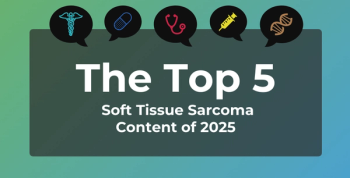
The most-read articles focused on soft tissue sarcoma research, including innovative biomarkers, treatment strategies, and multidisciplinary care challenges.
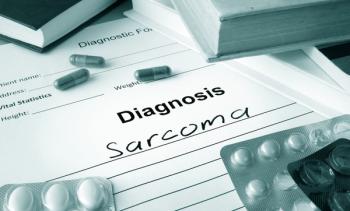
The benefit of trabectedin plus olaparib to all-comers with soft tissue sarcoma was marginal, but the response was more pronounced in certain subgroups.

The patient was a rare case of a patient with dedifferentiated liposarcoma and a high tumor mutational burden.

If validated prospectively, the classifier could provide oncologists with clearer prognostic insight, enabling more personalized chemotherapy decisions, earlier intervention for high-risk patients, and potential adaptation across STS and other cancer types.

Levels of GDF15 and OPN can accurately distinguish uterine sarcoma from benign leiomyoma, with GDF15 also serving as an independent predictor of disease progression.
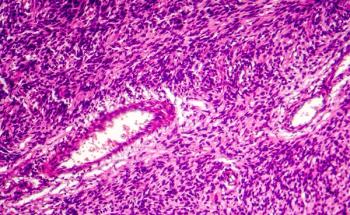
A new analysis based on two prospective trials helps clarify the roles of chemotherapy and radiotherapy.
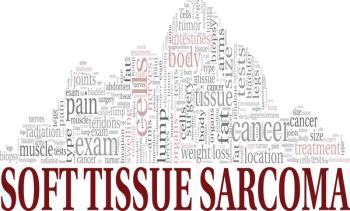
Only about 2% of cases of rhabdomyosarcoma primarily arise from the chest wall, and such cases require careful planning.
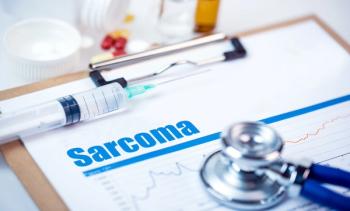
The case shows how such cardiac involvement can mimic neurologic disease and demand complex, multidisciplinary management.

Synovial sarcoma—a rare, aggressive soft tissue cancer—can present as a painless hand swelling that mimics a harmless lesion, underscoring the need for early recognition and improved diagnostic access in low-resource settings.

Emotional well-being and social engagement significantly impact quality of life for patients with soft tissue sarcoma post-surgery.

Biomarkers like neutrophil-to-lymphocyte ratio could help predict treatment response to immune checkpoint inhibitors in certain patients with soft tissue sarcoma.

Multidisciplinary care influenced therapy choices but did not substantially shorten treatment delays for patients with sarcoma.

Patients who underwent neoadjuvant radiotherapy for soft tissue sarcoma (STS) spent longer in the hospital and were more likely to have wound complications.

The phase 1/2 SAINT study is currently investigating intravenous trabectedin plus ipilimumab and nivolumab in the first line for advanced soft tissue sarcoma.
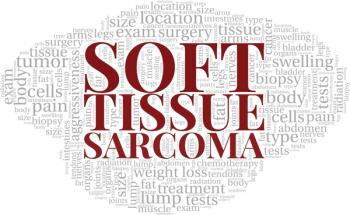
The FDA granted orphan drug designation for elraglusib, a novel drug for treating advanced soft tissue sarcoma.
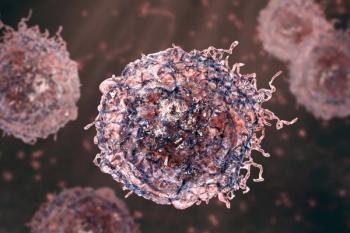
The probability of overall survival after 1, 5, and 10 years was predicted by a nomogram model, which found that worse Surveillance, Epidemiology, and End Results (SEER) stage was associated with worse outcomes.

These study authors hope their findings will inform future research on gastrointestinal stromal tumors (GIST) and close care gaps for minority patient populations.
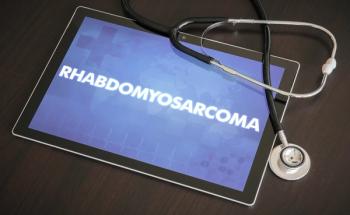
Rhabdomyosarcoma, a common form of soft tissue sarcoma in pediatric patients with outcomes that have improved through research, is rare among older patients, who also have significantly poorer outcomes.

In this analysis, outcomes were investigated among 41 pediatric and young adult patients who had soft-tissue sarcoma and were aged 0 months to 22 years.

Afami-cel, sold as Tecelra by Adaptimmune, is the first gene therapy to be approved for the rare form of cancer and the first FDA-approved T-cell receptor gene therapy.

A study demonstrates the value of incorporating protein signatures in creating more advanced prediction tools for patient outcomes.

The Alliance AO91902 trial investigated whether adding immunotherapy to chemotherapy would improve outcomes for patients with advanced angiosarcoma.
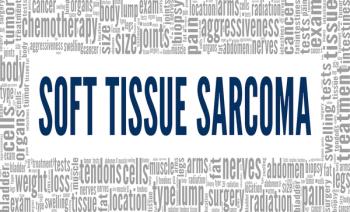
Against the backdrop of a case report, pembrolizumab was investigated as immunotherapy for undifferentiated pleomorphic soft tissue sarcoma.
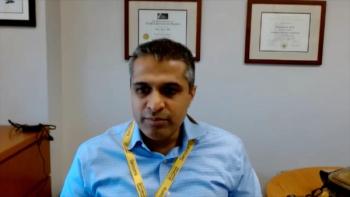
To conclude our interview with him, Ravin Ratan, MD, MEd, of MD Anderson, explains the importance of caring for all patients and why he tries to own the process of patients feeling confident that they received the attention they deserve.

